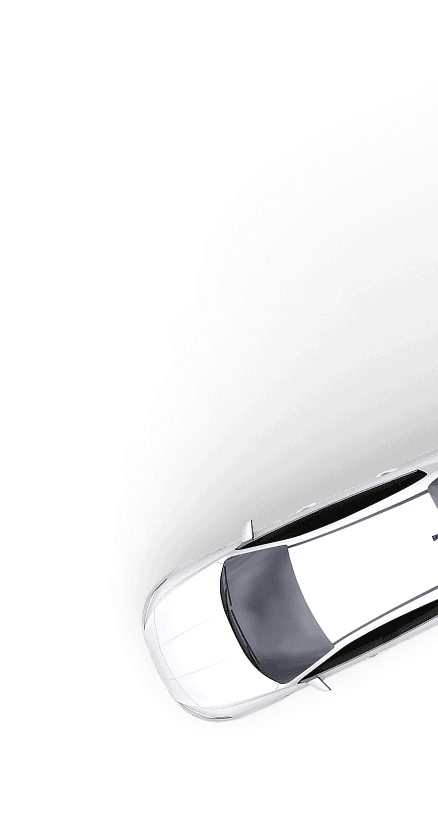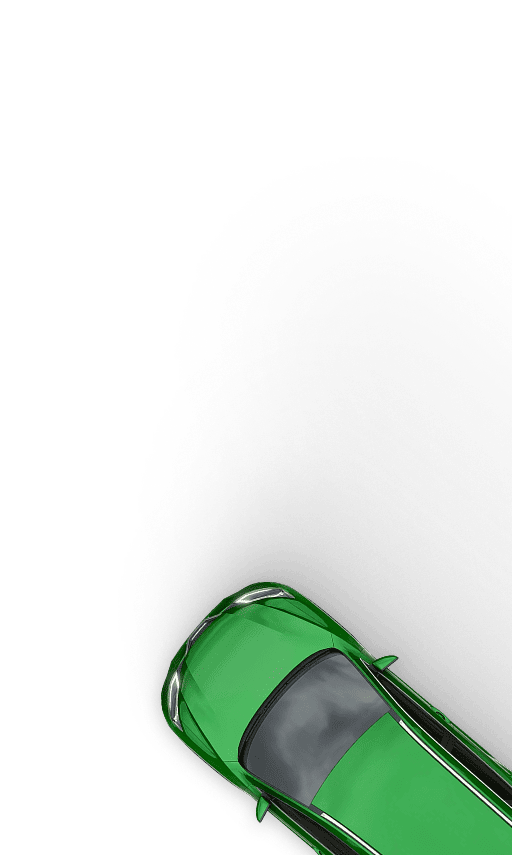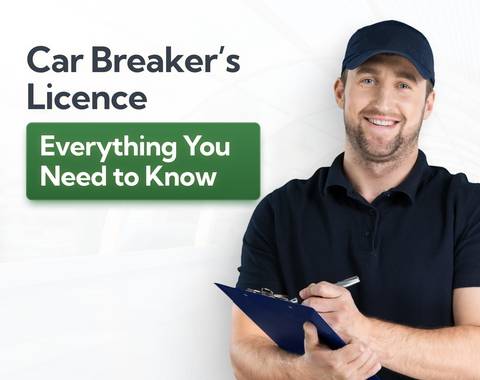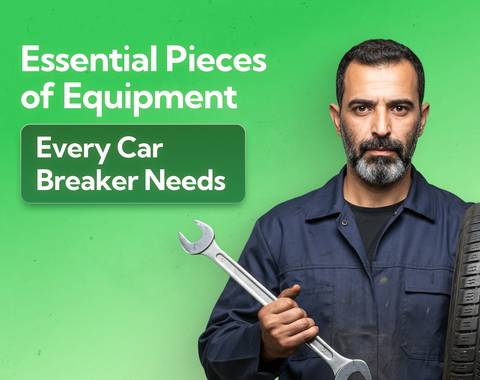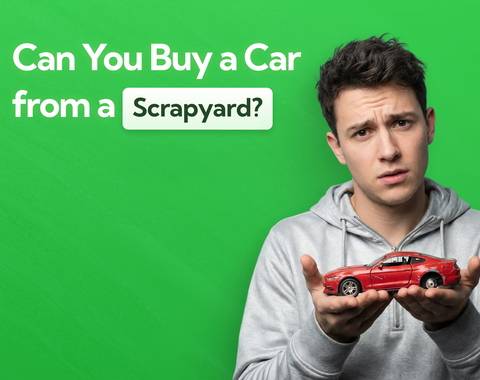How to Tell the DVLA You've Sold Your Car (Step-by-Step Guide)
Learn the step-by-step process of notifying the DVLA when you've sold your car in the UK, what your options are and why it's crucial to do so immediately.
Last updated: 13th October, 2025

Anthony Sharkey is COO at New Reg Limited (Car.co.uk, Trader.co.uk, Garage.co.uk), driving innovation in vehicle recycling, logistics, and customer experience.

Listen to this story
No matter how you sell your car in the UK, you have to tell the DVLA. It's part of the ownership transfer process, and it's a requirement for your buyer to become the new registered keeper. Fortunately, the process is quite straightforward.
You've finally sold your car. You've found a buyer, negotiated and decided on a price you're both happy with.
At this point, you only have a few more steps. You have to transfer ownership using the green slip in your V5C logbook (Section 6), tell the DVLA, and cancel your car insurance once you complete the transfer.
The green slip transfer will take place in person as part of the final sale. And cancelling your insurance is as easy as calling them. So you're left with the task of telling the DVLA that you've sold your car.
If you sell your car to a dealership, they'll notify the DVLA on your behalf (if you give them permission). This primarily applies to anyone selling their car online or to a private buyer.
What's in this article
Telling the DVLA about a change of ownership
You have to tell the DVLA after you sell your vehicle for a few reasons:
- You don't want to be held accountable for any violations or fines incurred by the new owner.
- You don't want to pay road tax on a car you no longer own.
- You need a refund on your road tax for unused months.
- Your buyer needs to tax the vehicle before they drive it.
- You don't want your finances and personal information associated with a car you no longer have any ties to.
You can carry out the process online or by post.
Online
The DVLA's online service is the easiest and most popular way to notify the DVLA of a sale, purchase or ownership transfer. It's available between 7a.m. and 7p.m. and only requires a few pieces of information.
The online process is simple:
- Navigate to the DVLA's dedicated online service, titled 'Tell DVLA you've sold, transferred or bought a vehicle'.
- Click the green button to start the process, and complete the series of questions. You will indicate how you sold the vehicle, enter your car's registration number and type your V5C document reference number.
- Confirm you're aware you are giving up your entitlement to your car's registration number (this is relevant if you have private number plates).
- Provide the date you sold the car, along with your email address to receive a confirmation the DVLA received your notification.
Once you tell the DVLA via the short questionnaire, your work is done. The DVLA will automatically untax the vehicle and refund you for any full months remaining on the year. You will receive your refund cheque in the post within six weeks (though most receive it much faster).
By post
Notifying the DVLA by post is slower and a lot less convenient than using the online system. Given you're reading this online, it would be unusual for you to use this method.
If, for whatever reason, you prefer to do it this way, fill out one of the following sections of your V5C logbook:
- Section 2 — if you're selling your car to a private buyer.
- Section 4 — if you're selling your car to a motor trader, insurer or dismantler.
Once you fill it out, post it to the DVLA. Then, they will mail you a cheque for remaining road tax similar to the online process.
Whether you tell the DVLA by mail or online, make sure you keep a copy of your notification for your records. It's best to prepare in advance for any potential issues when transferring ownership — and it pays off to stay organized.
Telling the DVLA after selling your car privately
When you sell your car privately, you and your buyer will have to notify the DVLA at about the same time. They cannot drive it away without taxing it first, so they'll need to use the online vehicle tax service.
This is why it's a much better idea to notify the DVLA of the sale using the online service. It's faster, and it's an easier process to complete with a buyer involved.
The system will register your sale immediately. Then, your buyer can tax the vehicle on the spot. They can pay with credit, debit, or direct debit and be on their way.
If I don't tell the DVLA, what happens?
Notifying the DVLA as soon as you sell your car is extremely important. You're the one assuming the liability for it if it remains under your name.
If the new driver — who, by the way, isn't the registered keeper yet in the DVLA's eyes — incurs any charges or fines, you'll be the one paying them. That could be parking tickets, speeding tickets, or even more serious crimes like driving without insurance or road tax.
If you contact the DVLA after the fact, you might be able to remedy these situations. But we can't imagine that's how you want to spend a few hours of your day.
TL;DR: Tell the DVLA as soon as possible, and do not skip this step under any circumstances.
What to do after notifying the DVLA
Once you let the DVLA know your car has switched hands, you need to cancel your car insurance. You don't want to do this before selling your car because that would mean it would have no protection in the event of theft or damage.
If you purchase a year's worth of insurance upfront, your insurance provider will usually provide you a refund for all the unused months on your policy.
What the experts say

Steven Jackson OBE
How can I prove I sold my car in the UK?
Once you notify the DVLA, you're free of all liability associated with your old vehicle. The new owner will have their New Keeper slip. And they'll receive a new logbook in the post.
The DVLA will have on record that you are no longer the owner of the car. This is how you'll prove to anyone that you sold your vehicle.
Wrapping Up
Whether you're selling a van, car, or motorbike, you have to tell the DVLA as soon as you've sold it.
You can do this quickly and easily by using the DVLA's online system, or you can notify them by post if that's your preference.
Once you complete the short process, you're no longer attached to the vehicle. At that point, you can either purchase a new car or enjoy the extra space in your garage!
Frequently asked questions
You should notify the DVLA as soon as you've sold your car. The sooner you do this, the faster the process will be for both yourself and the buyer. If the buyer plans to drive the car off that day, you will need to start the process after the transaction so they can tax the vehicle.
All you need to provide to the DVLA when telling them you've sold your car is the car's registration number, the V5C document reference number, and the date of the sale. You'll also need to enter your email address so they can send you a confirmation that they received your notification.
The DVLA will automatically update their records. They will also instruct you to destroy your V5C logbook because the new registered keeper will receive a brand-new one in the post. There aren't any documents you'll need to keep as proof of selling your car. Just keep a copy of the confirmation email you receive as proof that you notified the DVLA about the sale.
If you have the registered keeper's signature and permission (or you're an executor of their will), you can notify the DVLA about the sale of a car on their behalf. This is most common when selling a deceased person's car, which requires a grant of probate and a copy of the vehicle owner's Death Certificate.
Yes. The DVLA will send a confirmation email to your inbox after you complete the online process of notifying them. This confirms that they have received and processed your notification. It's a good idea to keep this email as a timestamped proof you notified the DVLA.
About Car.co.uk
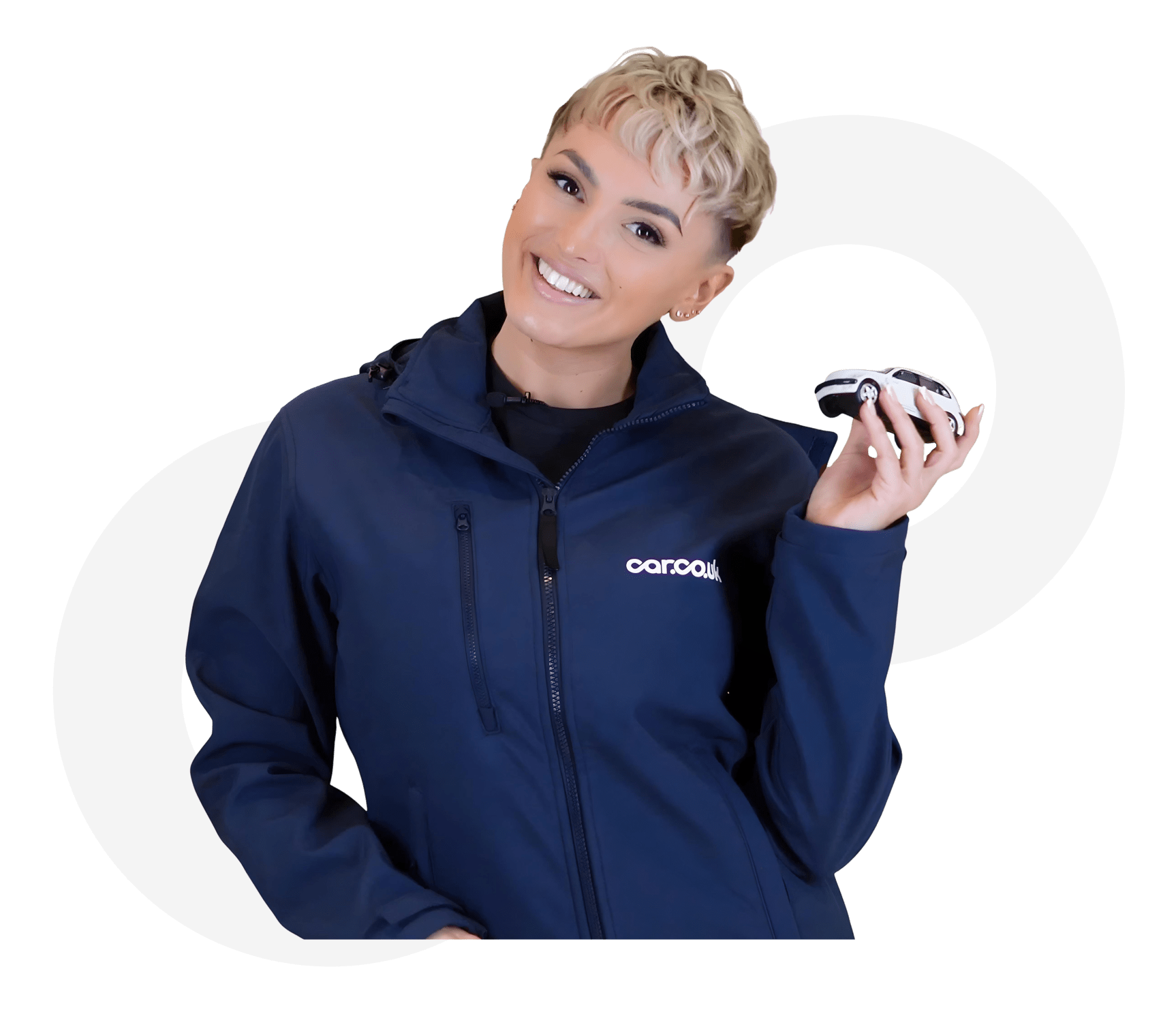
Share on
Latest news & blogs

